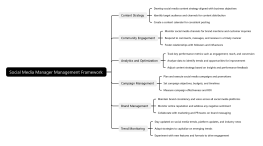
Treatment Plan Formulation Framework
0 Report
This comprehensive framework for treatment plan formulation emphasizes a patient-centered approach, starting with a thorough patient assessment that includes medical history, diagnostic results, and evaluation of physical, emotional, and social factors. It focuses on collaborative goal setting, ensuring that objectives are realistic, measurable, and prioritized based on urgency. The individualized treatment planning process considers patient preferences, cultural factors, and evidence-based practices. Implementation and monitoring involve initiating the plan, tracking patient progress, and adjusting strategies as needed, while providing education and support. Coordination of care ensures seamless communication among healthcare providers and referrals to specialists when necessary. Finally, the framework highlights the importance of evaluating treatment effectiveness, documenting progress, and communicating findings and recommendations to both patients and the healthcare team. By following these steps, healthcare providers can enhance patient outcomes and ensure a holistic and effective treatment process.
Related Recommendations
Other works by the author
Outline/Content
See more
Patient Assessment
Conduct comprehensive assessment of patient's condition and needs
Gather medical history, diagnostic test results, and other relevant information
Evaluate patient's physical, emotional, and social factors
Goal Setting
Collaborate with patient to establish treatment goals and objectives
Ensure goals are realistic, measurable, and patient-centered
Prioritize goals based on urgency and importance
Treatment Planning
Develop individualized treatment plan based on patient assessment and goals
Select appropriate treatment modalities and interventions
Consider patient preferences, cultural factors, and evidence-based practices
Implementation and Monitoring
Initiate treatment plan and monitor patient's response and progress
Adjust treatment strategies as needed based on patient feedback and outcomes
Provide education and support to patient and caregivers
Coordination of Care
Collaborate with interdisciplinary team members (e.g., physicians, therapists)
Ensure continuity of care and communication among healthcare providers
Refer patient to additional services or specialists as necessary
Evaluation and Documentation
Evaluate effectiveness of treatment plan and outcomes
Document patient progress, interventions, and changes in condition
Communicate findings and recommendations to patient and healthcare team
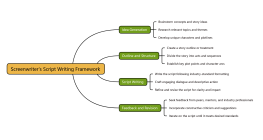
Collect
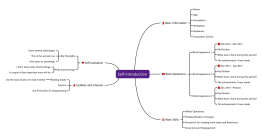
Collect
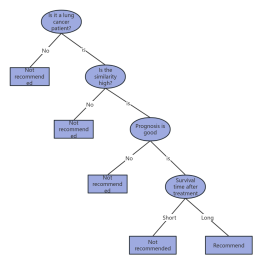
Collect
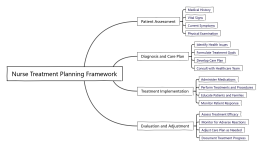
Collect

Collect
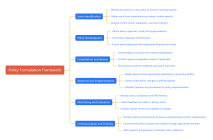
Collect

0 Comments
Next Page
